What No One Tells You About the First Year of Parenthood
Social media shows adorable babies and glowing parents, but the first year of parenthood is more like surviving a beautiful disaster. Between the sleepless nights and constant questions about whether you’re doing everything wrong, here are the truths that experienced parents whisper to each other but rarely say out loud.
You’ll Question Everything You’re Doing
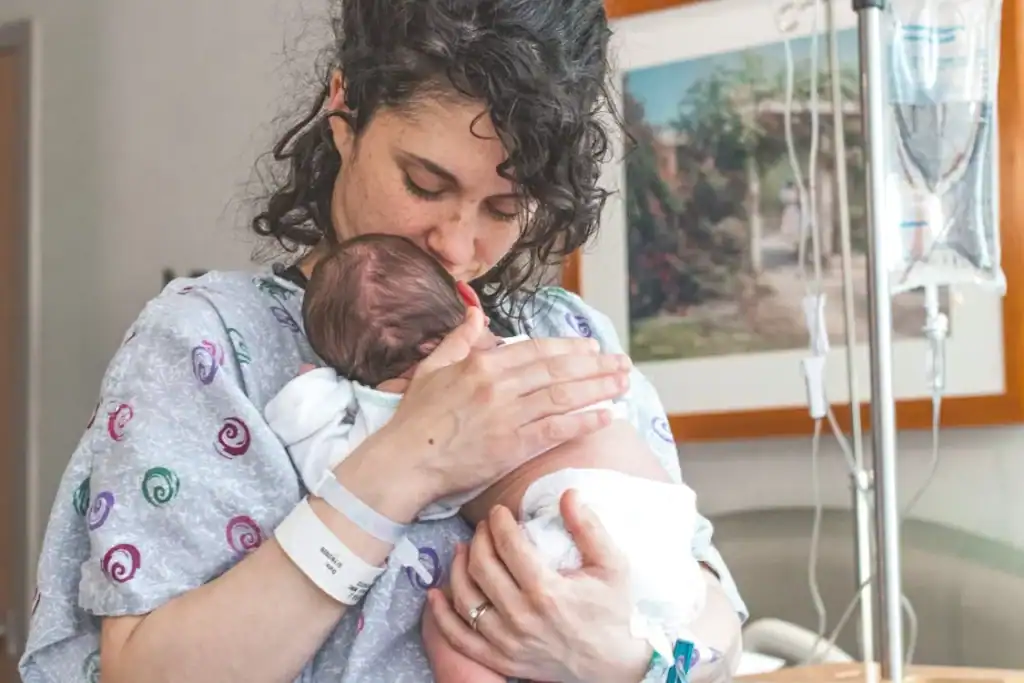
Second-guessing becomes your full-time job. Is baby eating enough? Too much? Why won’t they sleep? Are they developing normally? This constant uncertainty is exhausting but completely normal. Every parent feels this way. Trust your instincts more than Google searches, and remember that babies are remarkably resilient despite our worries about every little thing.
Your Relationship Will Be Tested
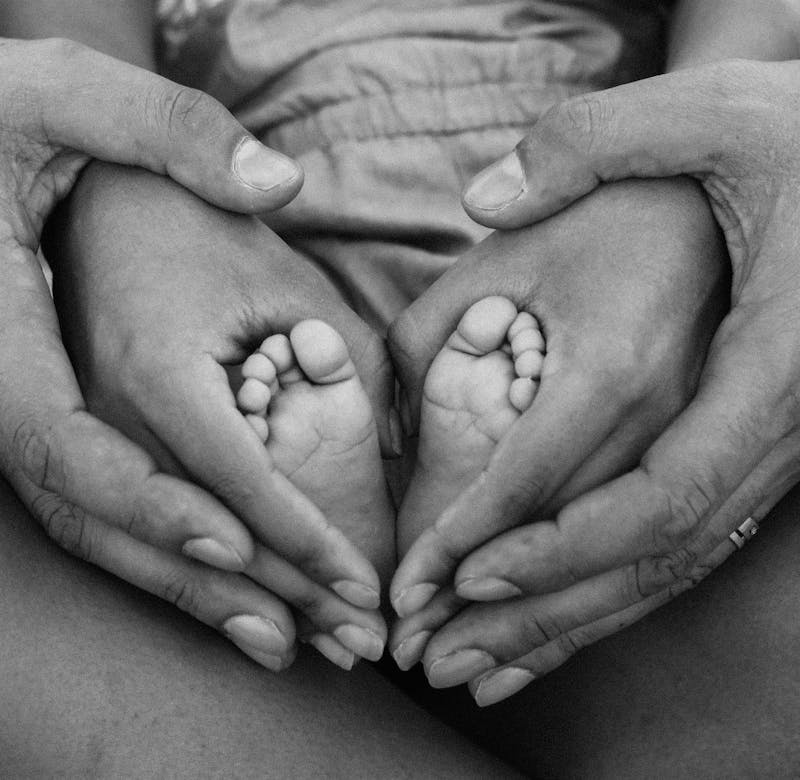
Sleep deprivation and new responsibilities strain even the strongest partnerships. You might argue about who changed the last diaper or feel like you’re doing everything alone. This doesn’t mean your relationship is doomed—it means you’re adjusting to massive life changes. Communicate openly, divide responsibilities fairly, and remember you’re teammates, not competitors.
The “Fourth Trimester” is Real

The first three months postpartum are an extension of pregnancy for both baby and parents. Your body is still recovering, hormones are fluctuating wildly, and everyone is adjusting. Don’t expect to feel “normal” immediately. Give yourself grace during this transition period. Healing takes time, and there’s no timeline for feeling like yourself again.
Breastfeeding Might Not Come Naturally

Despite being “natural,” breastfeeding is a learned skill for both mother and baby. It can be painful, frustrating, and emotionally challenging. If it doesn’t work out, that doesn’t make you a failure. Fed babies are healthy babies, regardless of the method. Seek support from lactation consultants if you want to continue, but don’t sacrifice your mental health.
You’ll Feel Isolated Even When Surrounded by People

The transition to parenthood can feel lonely, even with a supportive partner and family. Your old routine is gone, social activities change, and you might feel disconnected from your pre-baby identity. This isolation is temporary but real. Seek out parent groups, maintain friendships when possible, and remember that this phase won’t last forever.
Postpartum Emotions Are Complicated
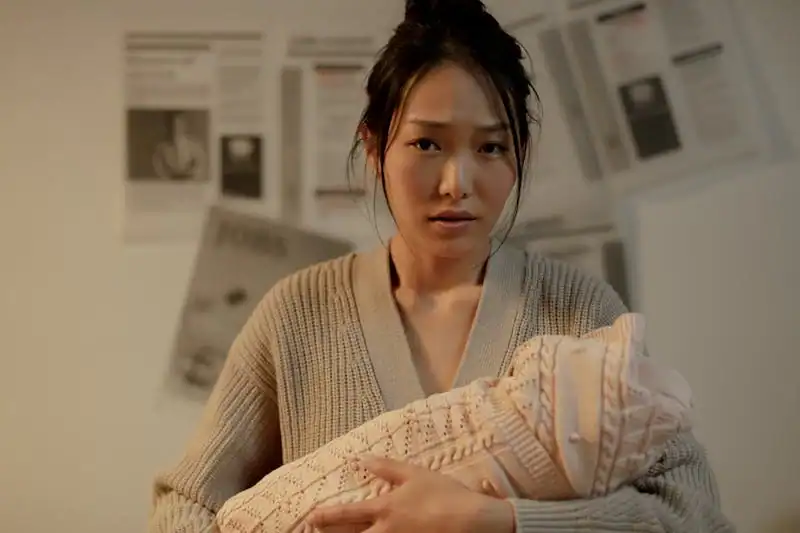
You might feel overwhelmed, anxious, or sad even when you wanted this baby desperately. These feelings don’t make you ungrateful or a bad parent. Postpartum depression and anxiety are medical conditions, not character flaws. If you’re struggling beyond normal adjustment, reach out for professional help. Treatment is available and effective.
Your Body Won’t Bounce Back Immediately

Social media lies about post-baby bodies. Recovery takes months, not weeks. Your body did something incredible—growing and birthing a human being. Be patient with physical changes and focus on nourishing yourself rather than “bouncing back.” Your body may never look exactly the same, and that’s completely normal and okay.
Baby Gear Marketing is Mostly Hype
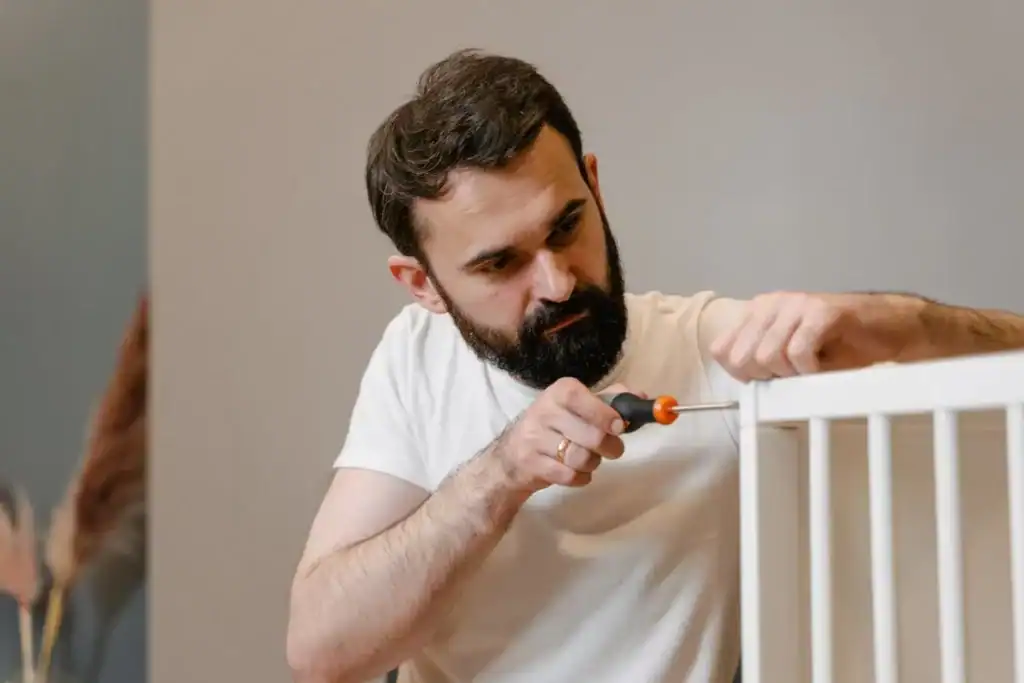
Companies want you to believe you need everything, but babies need surprisingly little: food, warmth, love, and safe sleep spaces. Most gadgets and gear collect dust while simple solutions work best. Don’t let marketing create pressure to buy everything. Start with basics and add items only when you identify specific needs.
Every Baby is Different
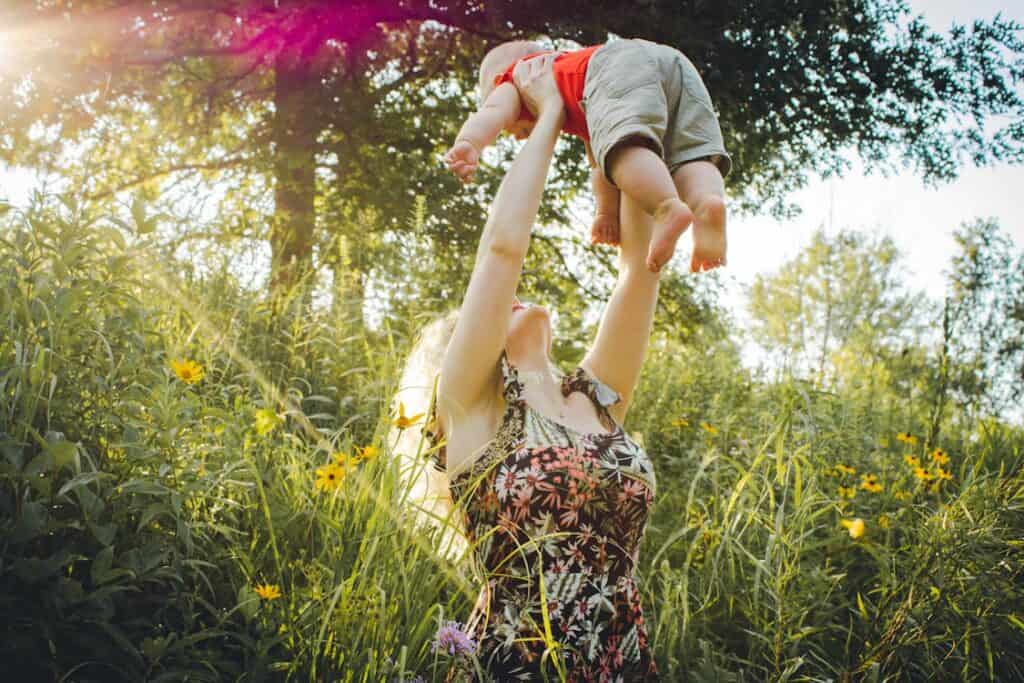
Comparison steals joy, especially with babies. Your friend’s baby might sleep through the night at 8 weeks while yours takes 8 months. Some babies are naturally easier than others. These differences don’t reflect your parenting skills or predict future behavior. Focus on your unique child’s needs rather than comparing to others’ experiences.
It Gets Easier (and Different)
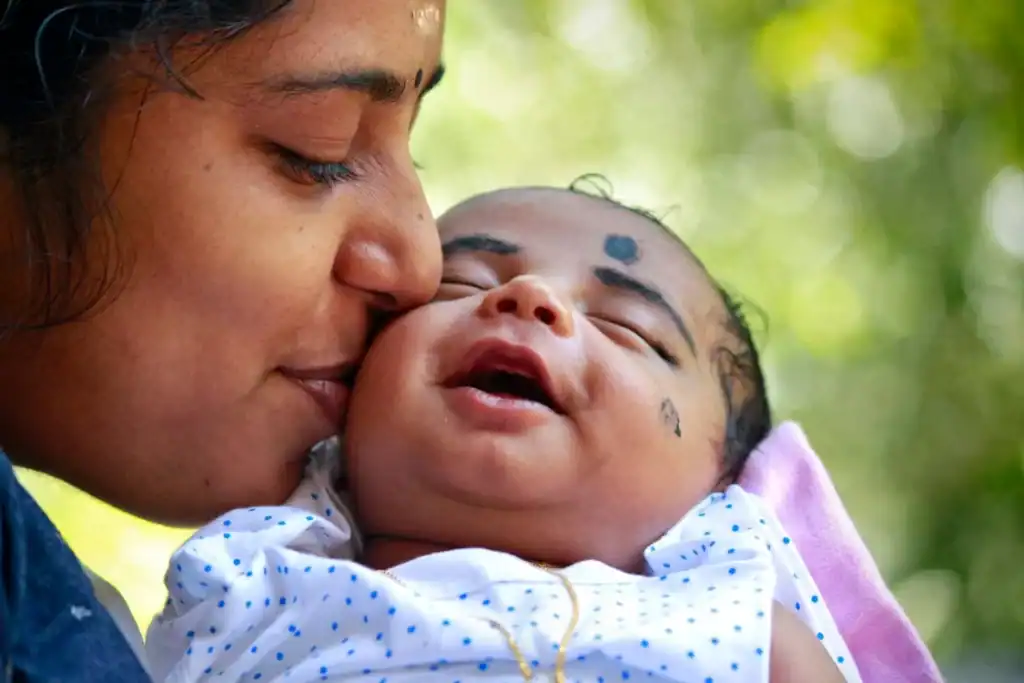
The first year is intense, but it doesn’t stay this hard forever. You’ll gain confidence, your baby will become more predictable, and you’ll develop your own family rhythm. New challenges will emerge as your child grows, but you’ll be better equipped to handle them. Trust that you’re stronger and more capable than you realize.





